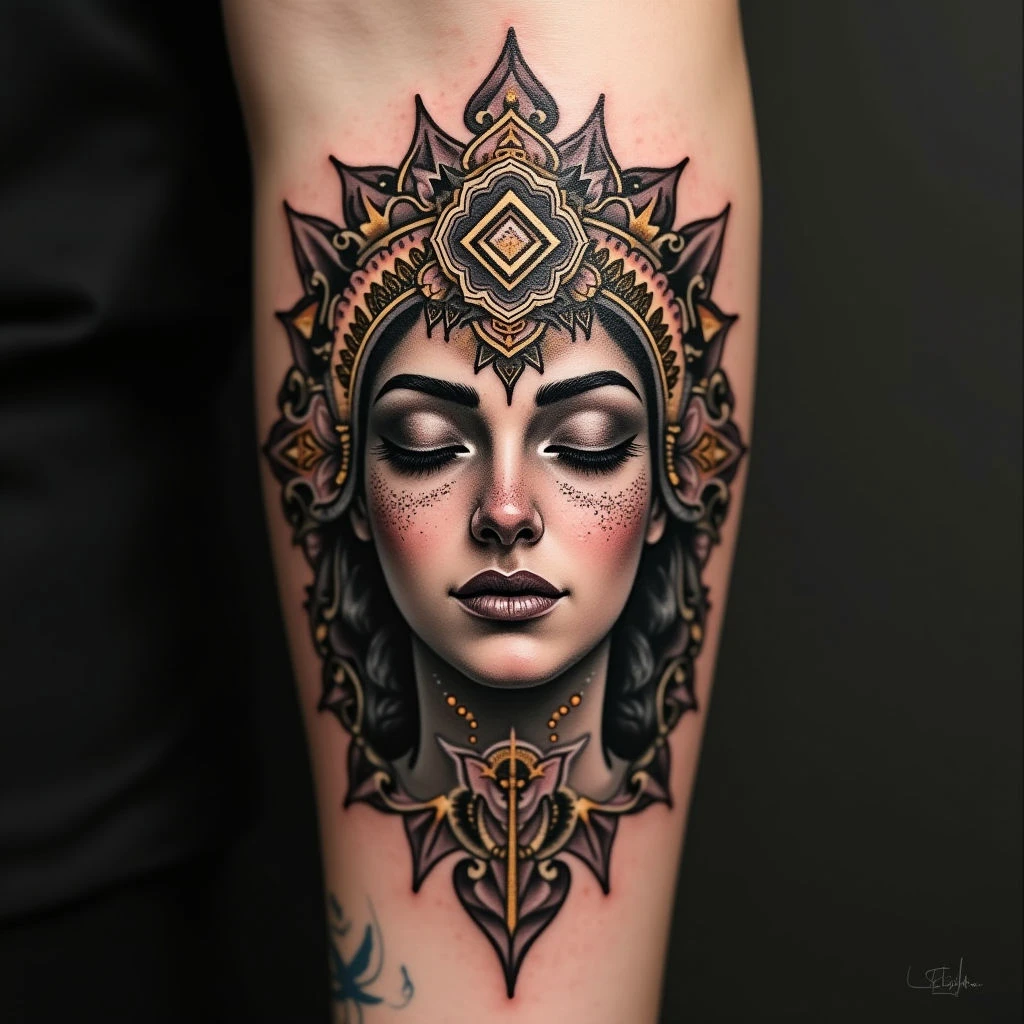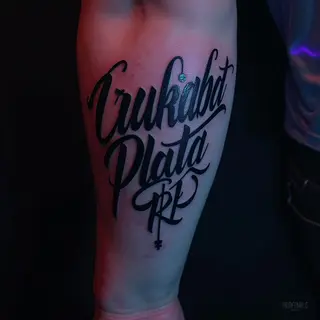The Meaning Behind Geometric Tattoos
Geometric tattoos have become incredibly popular, drawing people in with their detailed designs and deep symbolism. They're unique because they often don’t depict a person or thing—instead, they represent ideas, philosophies, and universal truths.
A Look Back at Geometric Patterns
Geometric patterns aren’t new; they've appeared in cultures around the world for thousands of years. Think about ancient Celtic knots or the intricate star designs found in Islamic art—these often carried spiritual weight, symbolizing harmony and a connection to something larger than ourselves. The renewed interest we see today seems tied to a growing fascination with spirituality, mindfulness, and how everything is connected.
Common Geometric Symbols & What They Represent
Let's explore some of the most common geometric symbols you’ll find in tattoos, and what they typically signify.
Mandalas
Mandalas represent wholeness, cosmic order, and unity. They are frequently used for meditation and personal spiritual growth—a visual aid to focus the mind.
Sacred Geometry (Metatron's Cube, Flower of Life)
These patterns are often considered the foundational blueprint of creation itself. They possess a complex mathematical structure that many believe holds deep symbolic meaning.
Triangles
Triangles can symbolize elements like fire, air, earth, and water, or simply represent stability and strength. When you see three triangles interwoven, it often signifies harmony and balance—a powerful visual statement.
Squares/Cubes
These shapes are all about grounding, providing a foundation, and representing structure in your life.
Spirals
Spirals embody growth, evolution, and the cyclical nature of existence—a reminder that everything is constantly changing.
Design Choices & Techniques
Geometric tattoos work beautifully with both blackwork and color techniques. Blackwork creates a striking contrast and visual impact, while colored geometric designs can add incredible depth and dimension to the piece.


